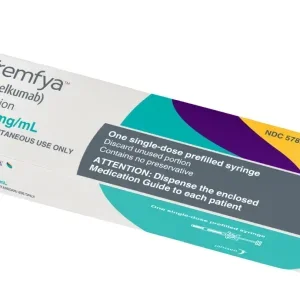Roche’s Phase 3 IMpassion031 study, which evaluates Tecentriq (atezolizumab) plus chemotherapy compared to placebo plus chemotherapy, has met its primary endpoint.
The improvement in pathological complete response (pCR) for the treatment of people with early triple-negative breast cancer (TNBC), regardless of PD-L1 expression has confirmed the study reaching a primary endpoint, said the company.
The chemotherapy in combination with Tecentriq included Abraxane, albumin-bound paclitaxel; nab-paclitaxel, followed by doxorubicin and cyclophosphamide, while chemotherapy with placebo included Abraxane.
Roche chief medical officer and global product development head Levi Garraway said: “Triple-negative breast cancer remains an aggressive disease with high rates of recurrence.
“Our goal in treating TNBC at its earliest stages is to provide people with the best chance for a future cure. Adding Tecentriq to chemotherapy now has the potential to help women with TNBC at multiple different stages of the disease.”
Tecentriq combination has demonstrated consistent safety in the Phase 3 IMpassion031 study
Tecentriq is a monoclonal antibody designed to activate T-cells by binding PD-L1 protein, which is expressed on tumour cells and tumour-infiltrating immune cells, and blocking its interactions with both PD-1 and B7.1 receptors.
The drug has been approved in the US, EU and countries around the world, either alone or in combination with targeted therapies or chemotherapies to treat different forms of cancers.
The Phase 3 IMpassion031 clinical study showed that only a few patients treated with Tecentriq combination as a neoadjuvant treatment had evidence of tumour tissue detectable at the time of surgery, regardless of PD-L1 expression, compared to the control arm.
Neoadjuvant treatment allows a doctor to rapidly evaluate the effectiveness of medicine to reduce a tumour’s size or to surgically remove it, while pCR is a common measure of neoadjuvant treatment effect that can be assessed in less than traditional endpoints in early-stage breast cancer.
Tecentriq combination has demonstrated consistent safety with the known safety profiles of the individual medicines and no new safety signals were identified.
Roche intends to present the results of IMpassion031 study at an upcoming medical meeting and discuss with health authorities including the US Food and Drug Administration (FDA) and European Medicines Agency (EMA).






